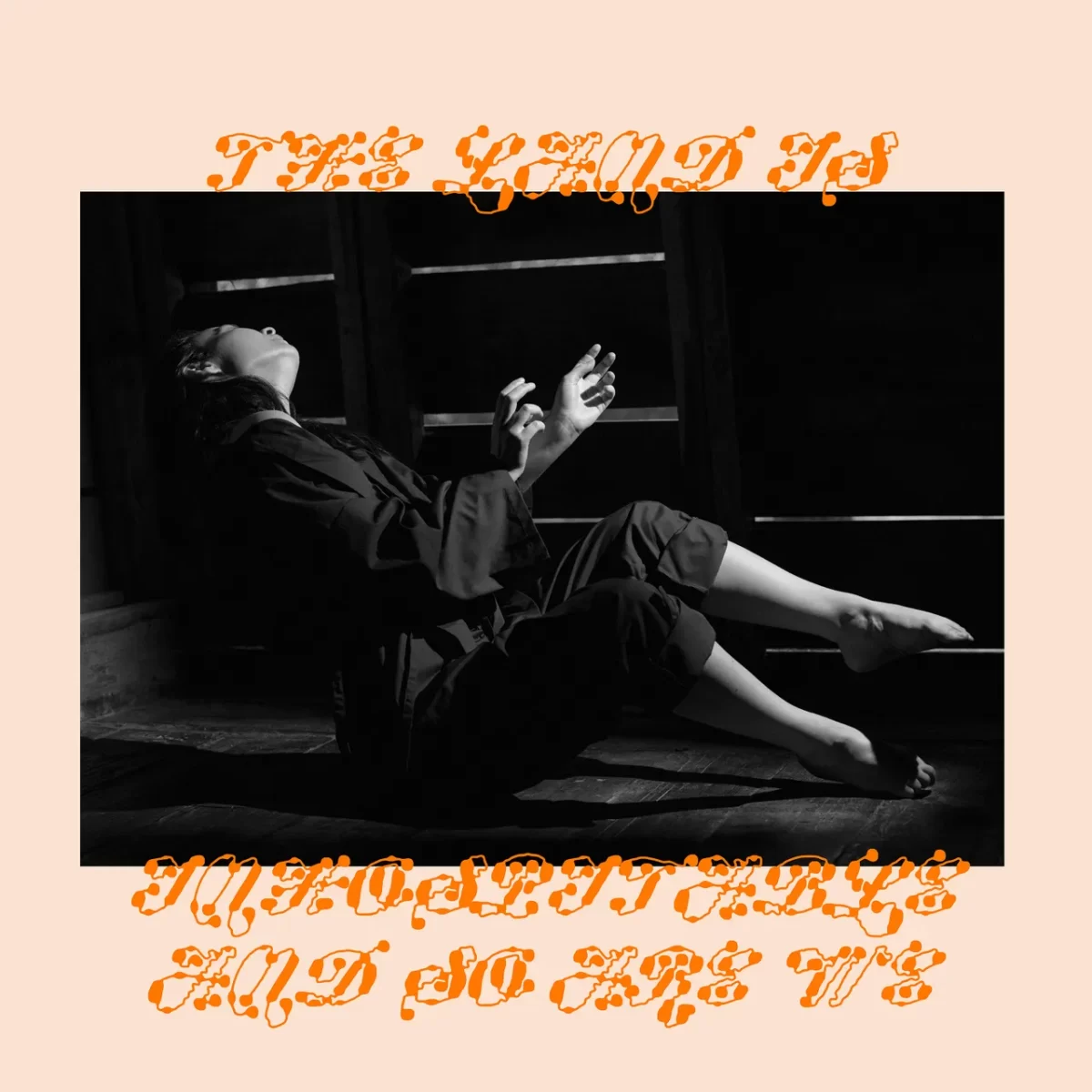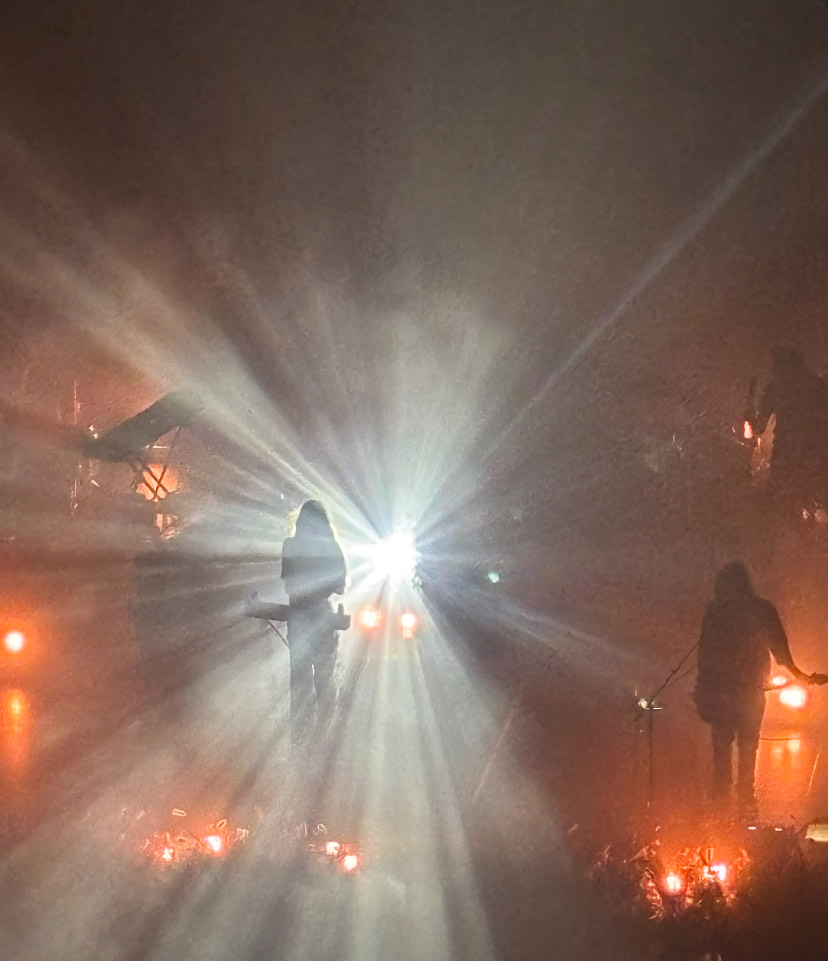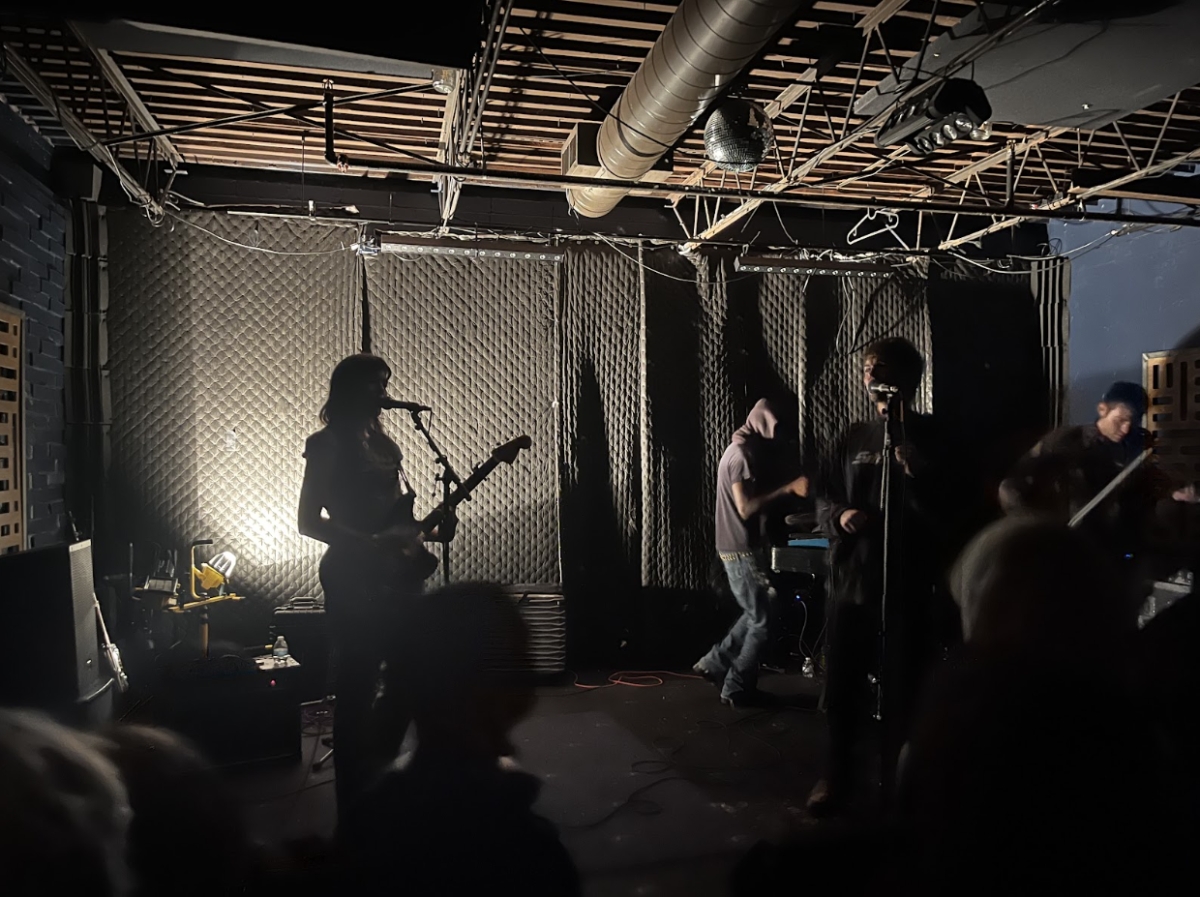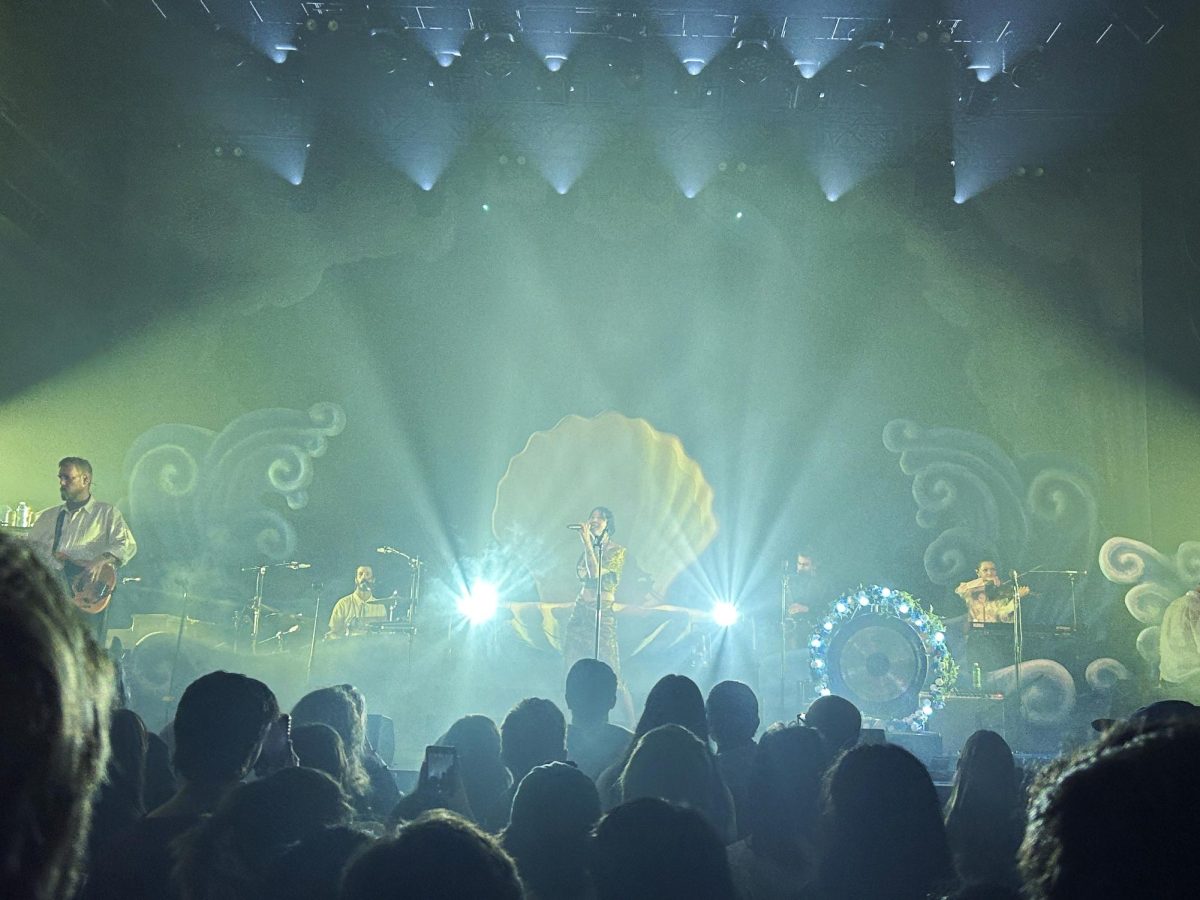It is rare for a record to firmly locate itself within a vast landscape and truly make sense of it. Some may call the landscape home, but I would rather refer to it as an abstraction: it’s America. Mitski’s latest record, The Land is Inhospitable and So Are We, seeks to loom over these abstractions, the people it produces and how we walk through it.
In analog compression, she thunders in the corners and defines the record in manners not yet before seen in her work. It is a distinctly American album that breathes and whispers through the desolate heartland, an act of observing what you could call “America,” a self-contradictory landscape which finds itself captured time and time again by the ethos of late 1960s country-pop or the famed recording houses of Nashville.
Released on Sept. 15 following an extensive tour and even more extensive virality in the last few years, The Land’s existence was never itself certain. Mitski had previously been on a touring hiatus for some years, and announced the end of her music career after fulfilling label Dead Ocean’s requirement of one more album. The contract has since been renegotiated, with little word from both parties. The stresses of contractual requirements were further compounded by a surge in her music’s popularity on platforms such as TikTok, which has proven uncomfortable for her.
Despite initial fears and reservations, The Land sounds nothing like a contractual requirement. Remarkably, it’s far from it, standing as Mitski’s most reserved yet wisest album, a sort of reset button on genre and virality. Gone are the synth-pop arrangements of Laurel Hell and her most famous record, Be The Cowboy. The Land appears to almost be a return to form to the quieter, more reserved, aching period of her work.
In the opening single “Bug Like an Angel”, Mitski oscillates between massive gospel hums, hissing tape and the warble of an acoustic guitar, lamenting family and alcoholism. “Buffalo Replaced” takes on a borderline lo-fi level of country, and “Heaven” recalls the popular violin arrangements of a bygone era, populated with beautiful, yet utterly sincere lyrics. “I Don’t Like My Mind” appears at first listen to be a classic “depression song”, yet seems to take part in some criticism of the nature of said impressions. The lyric “A whole cake, all for me” evokes both tragedy and sincerity, appearing as both a self-reflective love song and an opportunity to exit the enemy, “me,” which recurs throughout the record.
The second half of the record tells a different, more subtle story. “The Deal”, while ballad-like at times, depicts a speaker giving their soul back to a bird and to the night, a deal left incomplete, at peace. On “When Memories Snow”, which acts as a brief interlude to the record, she invokes vast arrangements of a time long forgotten. On “My Love Mine All Mine” (the author’s personal favorite), Mitski creates a tragic distance which suggests eternity and closure within that eternity. These notions carry through to “Star”, which appears almost to be a shift in genre for the record with its spacey synthesizer, which is quickly lost to a far more meditative reflection of protagonism, in “I’m Your Man”. The penultimate track reads as if it were a goodbye, fading into the sound of crickets and barking dogs. “You believe me like a god / I’ll betray you like a man”.
This is not the end. The 32-minute meditation ends on a somber note with “I Love Me After You”, which ends with Mitski alone with a cacophonous acoustic guitar and ghostly reverb-laden vocals. Rather than enraged, depressed or heartbroken, the speaker stands free, declaring “king of all the land” as the volume rises and encapsulates the soul of the record, dissolving with another tape hiss.
Perhaps this silent ending signals towards notions of fandom and virality, the warranted and necessary silence, a step away from devotion to an unspoken land. But it feels more correct to suggest that it is more powerful to embrace the uncertainty of a quiet future. There may be many other songwriters who have touched on the human subjects that Mitski does in this record: disillusion, escapism, the bottle, loneliness, absentness, love. But few have done this as well as Mitski has accomplished on this record and with this much quiet and honesty.
Perhaps it’s good for all of us that we are left with an uncertain ending. Haven’t we been left with them so many times? Why not walk freely into it?







